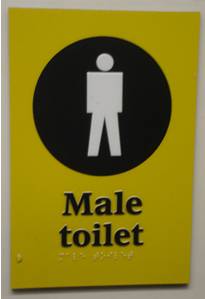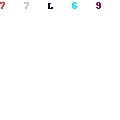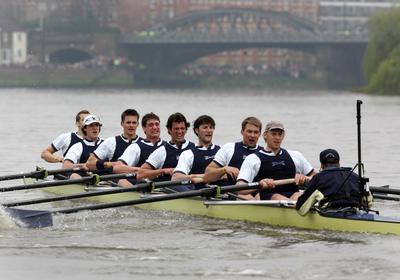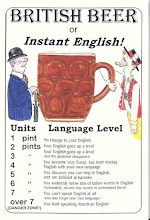- Organize a trip to London by following the tasks proposed.
- You are going to stay 4 days in London (and their 3 nights!).
- Take note of every detail that is important to the organization of the trip: fares, departure and arrival times, luggage allowed, flight number, hotel facilities, organization of visits, opening times, means of transport...

- Remember that you won't be able to use Euros but Pounds (that is why you need a currency converter). However, you need to provide your final budget in Euros.
- Do the project in the language room (you may also finish some parts at home)

- Work cooperatively in groups of 4. Perform different roles for the proposed tasks

- You are free to use any media to hand in the project, but keep in mind you will have to present it orally.
PROJECT DEADLINE: 12th JUNE
- Almost in every task there is an optional dialogue to roleplay. Choose at least 2 of these activities and adapt it to your trip. After rehearsing them for a while, record at least 2 dialogues per person for different situations: a video recording and an audio recording.
Get a Voki now!
PROJECT DEADLINE: 12th JUNE
- Almost in every task there is an optional dialogue to roleplay. Choose at least 2 of these activities and adapt it to your trip. After rehearsing them for a while, record at least 2 dialogues per person for different situations: a video recording and an audio recording.
Get a Voki now!










 Baggage Reclaim
Baggage Reclaim 



































